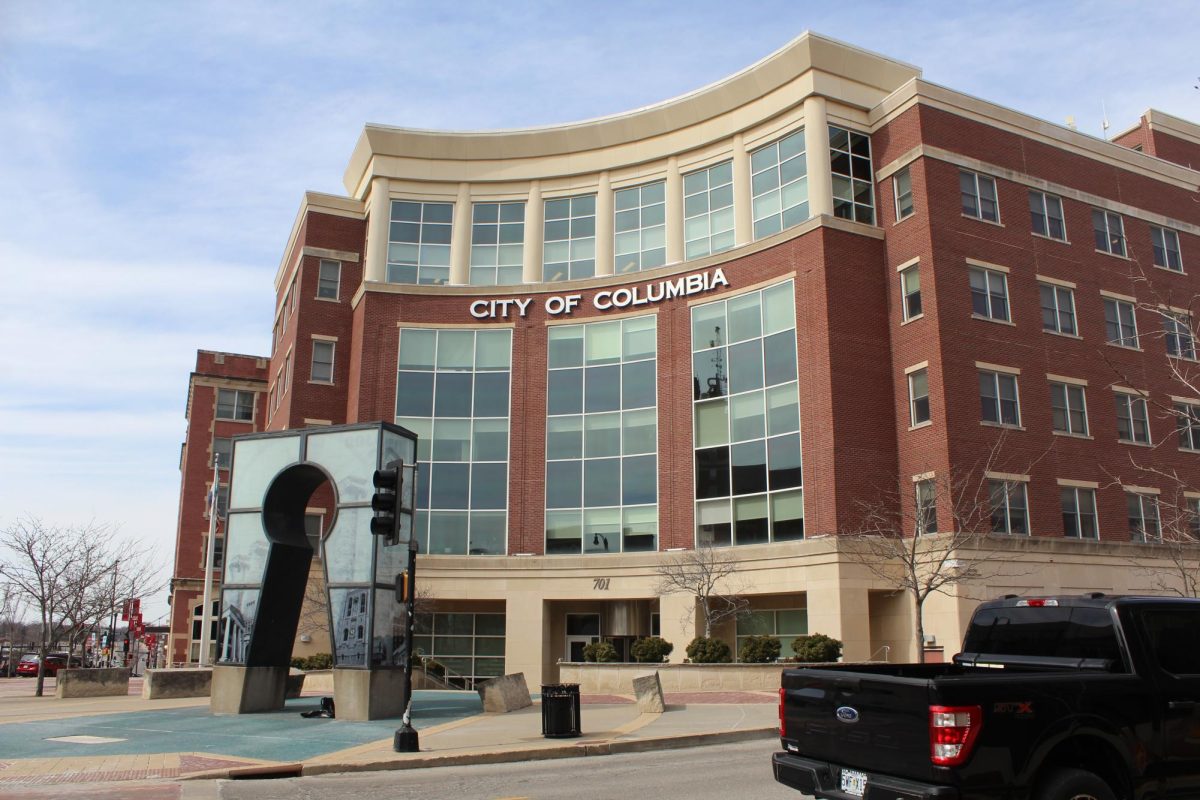It’s been a dreary couple of months.
Every weekend, I’ve trudged to the movie theater, often alone, and spent money I barely have to see movies like “Winter’s Tale,” “Mr. Peabody & Sherman” and “Vampire Academy.”
Essentially, I’ve been handing over money to see crappy movies by myself for the past three months.
I went into most of them expecting the worst and cringing as I bought the ticket. The thought of going back to the theater made me groan.
But not this time.
This time, I made a 45-minute drive to see the newest from Wes Anderson and a movie I knew would not disappoint. Anderson would never fail me. (Much unlike Darren Aronofsky. To say “Noah” was a letdown would be a severe understatement, especially when compared to other Aronofsky films like “Requiem for a Dream” and “Black Swan.”)
Let me just say, the 45-minute drive was well worth it.
Anderson never fails to create beautiful, intricate worlds in each of his films: “Moonrise Kingdom,” “The Fantastic Mr. Fox” and now, in his latest release, “The Grand Budapest Hotel.”
The film opens with a present-day prologue before flashing back to the late 1960s with Jude Law, a young writer. One night, while he’s staying at the Grand Budapest Hotel, he has dinner with the hotel’s owner, Zero Moustafa (F. Murray Abraham), who tells him how the hotel came to be in his possession.
Another flashback occurs, this time to the Grand Budapest Hotel in 1932.
Ralph Fiennes stars as M. Gustave, the hotel’s concierge. When he’s not devoting all of his energy to the hotel, he spends his time seducing aging, wealthy, blond women during their stay.
One of the aging women Gustave seduces is Madame D. (Tilda Swinton), who mysteriously turns up dead shortly after her visit to the Grand Budapest Hotel. Gustave travels with the hotel’s lobby boy, a much younger Moustafa (Tony Revolori), to the fictional Republic of Zubrowka for the reading of Madame D.’s will. There, Gustave learns that Madame D. has bequeathed him a priceless painting, “Boy with Apple.”
This doesn’t sit well with the deceased’s son, Dmitri (Adrien Brody), who frames Gustave for Madame D.’s murder and has him thrown in prison. Now it’s up to Moustafa to help his employer escape and prove his innocence.
“The Grand Budapest Hotel” is in the typical style of Wes Anderson — beautifully composed, shot, written and designed with a colorful cast of characters.
Willem Dafoe is cold-blooded Jopling, an assassin working for Dmitri. He throws cats out of windows, is an impressive speed skier and maniacally hunts down Gustave and his accomplices.
Vilmos Kovacs (Jeff Goldblum), a cat-loving deputy, catches a suspicious development regarding the death and will of Madame D., which makes him a target for Jopling, as well.
Agatha (Saoirse Ronan) is a baker and Moustafa’s one true love. She has an unfortunate birthmark, but it doesn’t stop the concierge. “Don’t flirt with her,” Moustafa has to warn Gustave throughout the film.
Bill Murray, Owen Wilson and Jason Schwartzman also make appearances as concierges of other hotels around the globe who band together to help Gustave escape from Jopling.
“The Grand Budapest” is charming, witty, outrageous, funny, beautiful and moving. Gustave, while vain and pompous on the surface, is more complicated than originally perceived. Fiennes plays Gustave with great craftsmanship to prove, as Gustave comments, “There are still faint glimmers of civilization left in this barbaric slaughterhouse that was once known as humanity.”
Anderson has created yet another strikingly original wonderland. It’s not surprising that the film shattered records as the highest grossing limited release opening weekend in history.
Simply put, “The Grand Budapest Hotel” is splendid.






